Did you know that while peanuts are a staple in human snacks, offering them to your cat introduces a nutty conundrum? Interestingly, peanuts are not toxic to cats, but their nutritional value for our whiskered companions is very harmful.
Join us as we crack open the shell on this topic and explore whether peanuts should find a place in your cat’s diet or if they’re better left in the snack bowl for humans.
Can Cats Eat Peanuts?
No, cats should not eat peanuts. While cats may be known for their curiosity, certain foods, like peanuts, can harm their health.
Veterinarian Mykhailo Ozmenchuk warns against feeding cats peanuts due to the risk of aflatoxicosis, emphasizing the importance of avoiding such foods for your feline friends. So, please do not feed your cats peanuts.
Cats have sensitive digestive systems that are not well-equipped to process large amounts of plant-based foods like peanuts. Introducing peanuts into a cat’s diet can lead to digestive upset, including symptoms like vomiting, diarrhea, and abdominal discomfort. For a healthier alternative, explore the nutritional benefits of vegetables for cats, such as carrots. Our guide on whether cats can eat carrots offers insights into safely incorporating them into your cat’s diet.
Are Peanuts Safe for Cats?
- Allergic Reactions: Cats, like humans, can develop allergies to specific foods. Peanuts are known allergens in humans and some animals, and cats can also develop allergies to peanuts. Allergic reactions can manifest as skin irritation, itching, redness, and gastrointestinal disturbances.
- Imbalance in Nutritional Profile: As obligate carnivores, cats require a specific balance of nutrients best obtained from animal-based sources. Peanuts lack certain essential nutrients that cats need for optimal health. If peanuts are incorporated into a cat’s diet, it can imbalance its nutritional profile and potentially contribute to deficiencies.
- Pancreatitis Risk: The high-fat content of peanuts can trigger pancreatitis and inflammation of the pancreas. Pancreatitis can cause severe abdominal pain and vomiting, potentially life-threatening in cats.
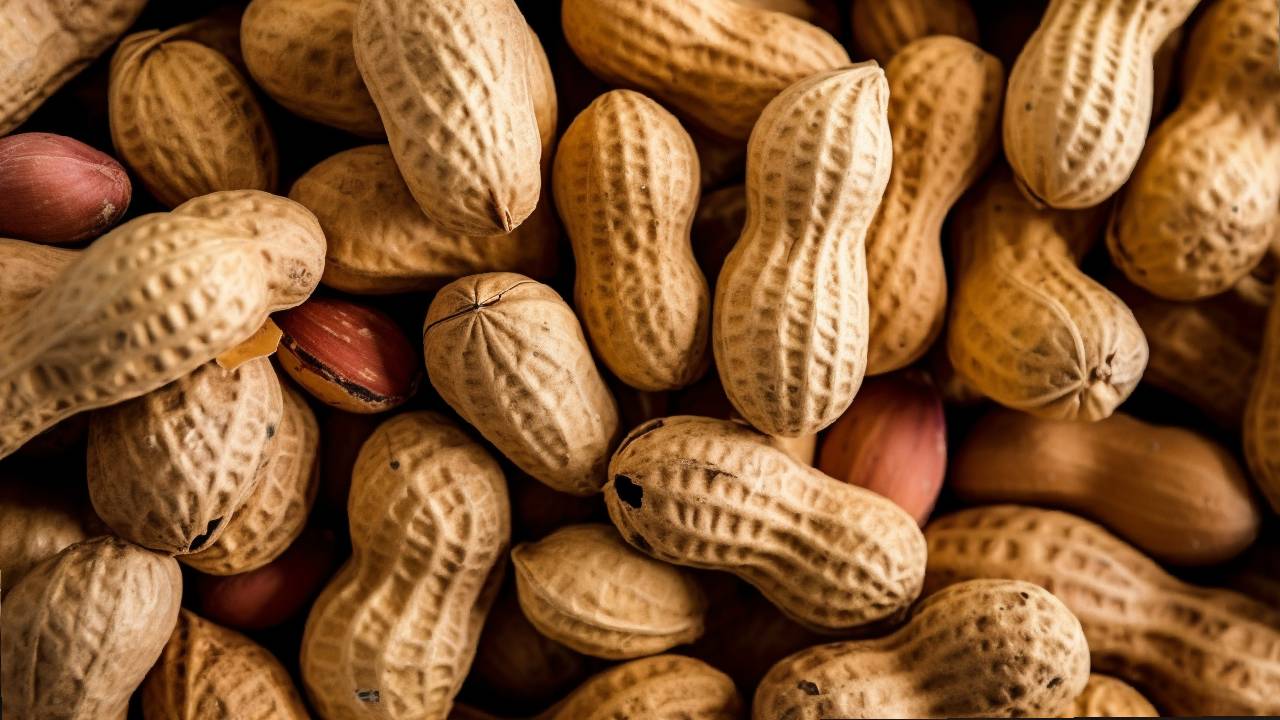
Dangers of Peanuts for Cats
When it comes to cats consuming peanuts, there are several specific risks to be aware of:
- Choking Hazards: Peanuts can present a choking hazard to cats, especially if they attempt to swallow them whole. Their small size and hard texture make it difficult for cats to chew properly.
- Gastrointestinal Blockages: Peanuts’ tough nature can increase the risk of gastrointestinal blockages in cats. If a cat ingests whole peanuts or large pieces, they may obstruct the digestive tract.
- Potential for Peanut Allergies: While peanut allergies are more common in humans, cats can also develop them. Allergic reactions in cats can result in skin irritation, itching, redness, and gastrointestinal disturbances.
For comprehensive insights into the risks associated with aflatoxin and peanuts, refer to the FDA’s guide on aflatoxin poisoning in pets, which includes valuable information for pet owners.
Alternatives to Peanuts
Instead of offering peanuts to your cat, consider these safe and healthy treat options:
Commercially Available Cat Treats: Many cat-specific treats are available in pet stores designed to be safe and nutritious for your feline friend. Look for treats made from quality ingredients, and consult with your veterinarian for recommendations tailored to your cat’s needs.
Small Portions of Cooked Meat: Offering small portions of cooked meat, such as chicken or turkey, can be a tasty and safe alternative for cats. Ensure that the meat is plain, unseasoned, and boneless.
Herbs can be a curious addition to a cat’s diet. If you’re considering herbal options, learn about the safety of including herbs such as dill by checking out our article on whether cats can eat dill and how it fits into a healthy feline diet.
What to Do If Your Cat Eats Peanuts
If your cat accidentally ingests peanuts, take the following actions:
- Monitor for Adverse Reactions: Keep a close eye on your cat for signs of digestive upset, allergic reactions, or unusual behavior. These may include vomiting, diarrhea, skin irritation, itching, or discomfort.
- Seek Immediate Veterinary Care: If your cat experiences severe symptoms such as persistent vomiting, difficulty breathing, or signs of an allergic reaction, contact your veterinarian or an emergency animal clinic immediately. Prompt veterinary attention is crucial in such cases.
In addition to monitoring your cat for adverse reactions, consider the security and peace of mind that comes with cat health insurance. This can be invaluable in managing the costs of emergency veterinary care should your cat experience severe symptoms or allergic reactions.
Understanding Cat Nutrition
Cats, as obligate carnivores, have specific dietary needs. Their diet should primarily consist of animal-based proteins, essential amino acids like taurine, and fatty acids like arachidonic acid. These nutrients are vital for muscle development, tissue repair, heart health, vision, and a strong immune system.
Are you concerned about your cat’s weight? Our detailed exploration of why your cat may be too skinny offers expert advice and tips, providing insights into possible causes and solutions for underweight cats.
Conclusion
While peanuts are not inherently toxic to cats, they should be regarded as an occasional treat rather than a regular diet. Their high-fat content and potential allergenicity make them a potential risk.
Focus on species-appropriate foods to prioritize your cat’s nutritional needs. If you offer peanuts, do so in moderation and consult your vet for guidance.
As you prioritize your cat’s nutritional needs with species-appropriate foods, consider their comfort and well-being in your home. Heated cat beds provide a warm and cozy spot for your feline friend, especially beneficial during colder months or for cats with arthritis.

FAQs
Can cats eat peanut butter?
Yes, cats can have a tiny amount of plain, unsalted, and unsweetened peanut butter on rare occasions. However, due to the high fat content, it is best to limit their intake.
Are there other nuts that cats can eat?
Most nuts are unsuitable for cats due to their high-fat content and potential to cause digestive issues. Sticking to a diet tailored to your cat’s needs is best.
Should I substitute my cat’s regular food with peanuts?
No, peanuts should not replace your cat’s regular diet. Their nutritional needs are best met with high-quality, balanced cat food formulated for feline health.
What are some safe and healthy treats for cats?
Several cat-specific treats are available in pet stores designed to be safe and nutritious for your feline friend. Look for treats made from quality ingredients, and consult with your veterinarian for recommendations tailored to your cat’s needs.
Can cats eat other nuts besides peanuts?
Most nuts, including almonds, walnuts, and cashews, are unsuitable for cats due to their high-fat content and potential choking hazards. To ensure your cat’s health and safety, avoid feeding them nuts. Stick to treats formulated for cats.
For the well-being of your whiskered companions, it’s best to keep peanuts as a human treat and stick to a cat-friendly diet that meets their specific dietary needs. Remember, when you doubt introducing new foods to your cat’s diet, consulting your vet is always the safest route.


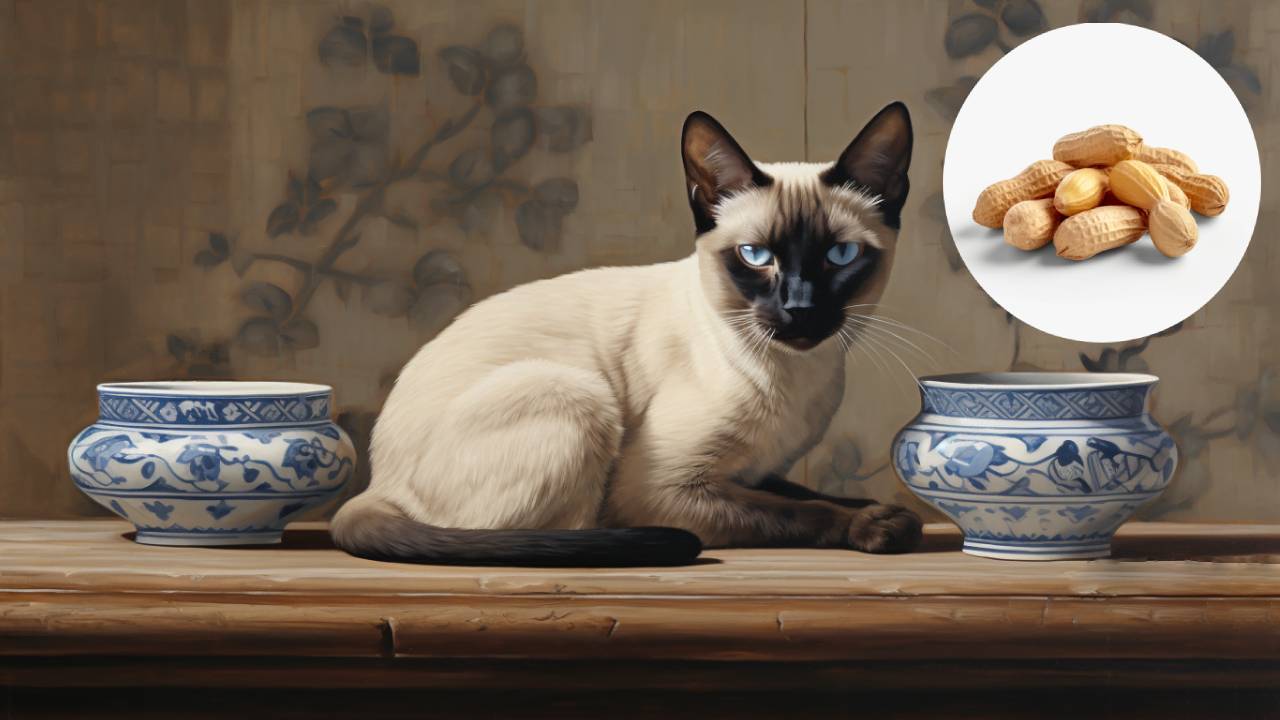
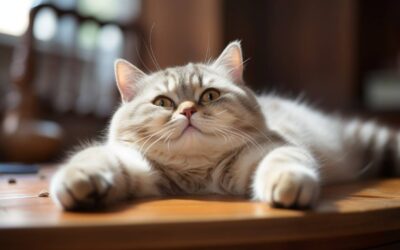
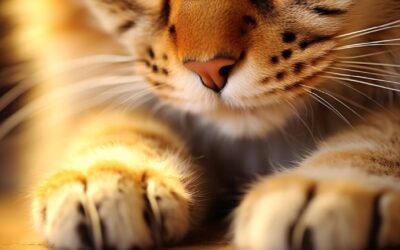
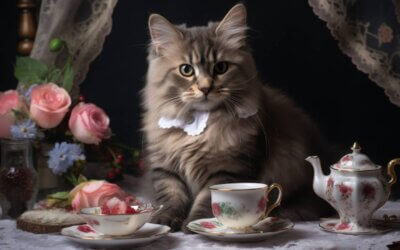
My cat once stole a peanut from my snack bowl, and she ended up with an upset tummy. Now, I keep peanuts well out of her reach! Thanks for the info, it’s a good reminder to be cautious with our feline friends.
🥜